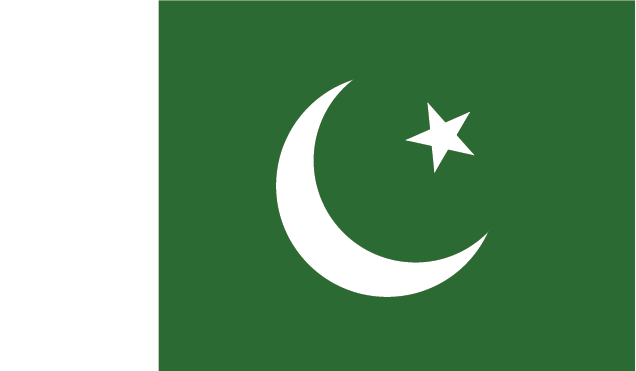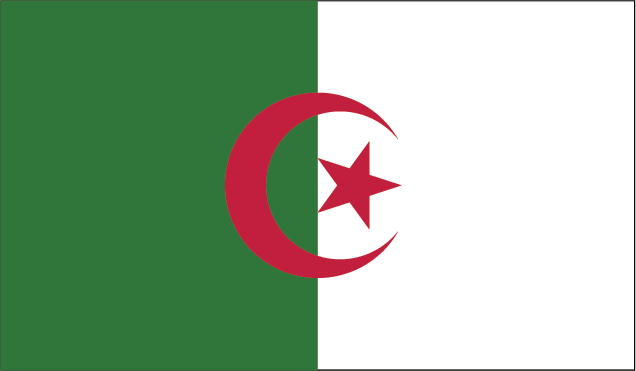OVERVIEW
ROLES AT IMM
2022
IMM International Faculty
Differential Geometry
Course
Pakistan
Spring
How would you define your field of study? What is your vision about it? Which are the topics you're most passionate about?
My domain of research is at the intersection between complex geometry, differential geometry and complex analysis. I work on Kähler geometry and in particular on geometric problems that I treat with analytic methods. In the last few years, my collaborators and I developed new methods on pluripotential theory to work with the very general case of singular Kähler varieties.I find this subject of research very passionate: the final goal is the classification of Kähler manifolds!I work on Kähler geometry and in particular on analytic methods
CURRICULUM
from 2022 to Present
Full Professor, Center of Mathematics Laurent Schwartz (CMLS)
France
from 2019 to Present
IMM International Faculty, International Mathematics Master (IMM) Pakistan
International
How do you expect your experience in IMM to be? Why did you accept to teach for this project?
I see the experience in IMM as a possibility to share my knowledge. This could represent an important step of the "growing up” process of these students. Also, discussing with people across the world enriched my way of doing research, I think that the IMM will do the same for this new generation of students.
What is your teaching philosophy? What would you like to transmit to your students? How do you motivate them?
My teaching philosophy is quite simple: I do my best to make the lecture simple as possible, with a lot of examples. During the lecture I want to convey the main ideas and teach students a way to approach mathematics in general and that math is not just about computations (even if sometimes they are needed!).
I usually ask questions during the lecture to be sure that the students are following and sometimes I made jokes to relax the atmosphere. I also try to make links with other subjects and maybe to open up to more general research questions. I think that knowing that “there is much more” motivates curious students.
Do you have one of two favorite quotes you would like to share and/or a personal “motto”?
"Nature is much more imaginative than we are. Scientist should be modest, should be humble. We should not assume that we know the answer in advance. We should learn without prejudice. The minute we have prejudice we are very often wrong.” (Avi Loeb)



